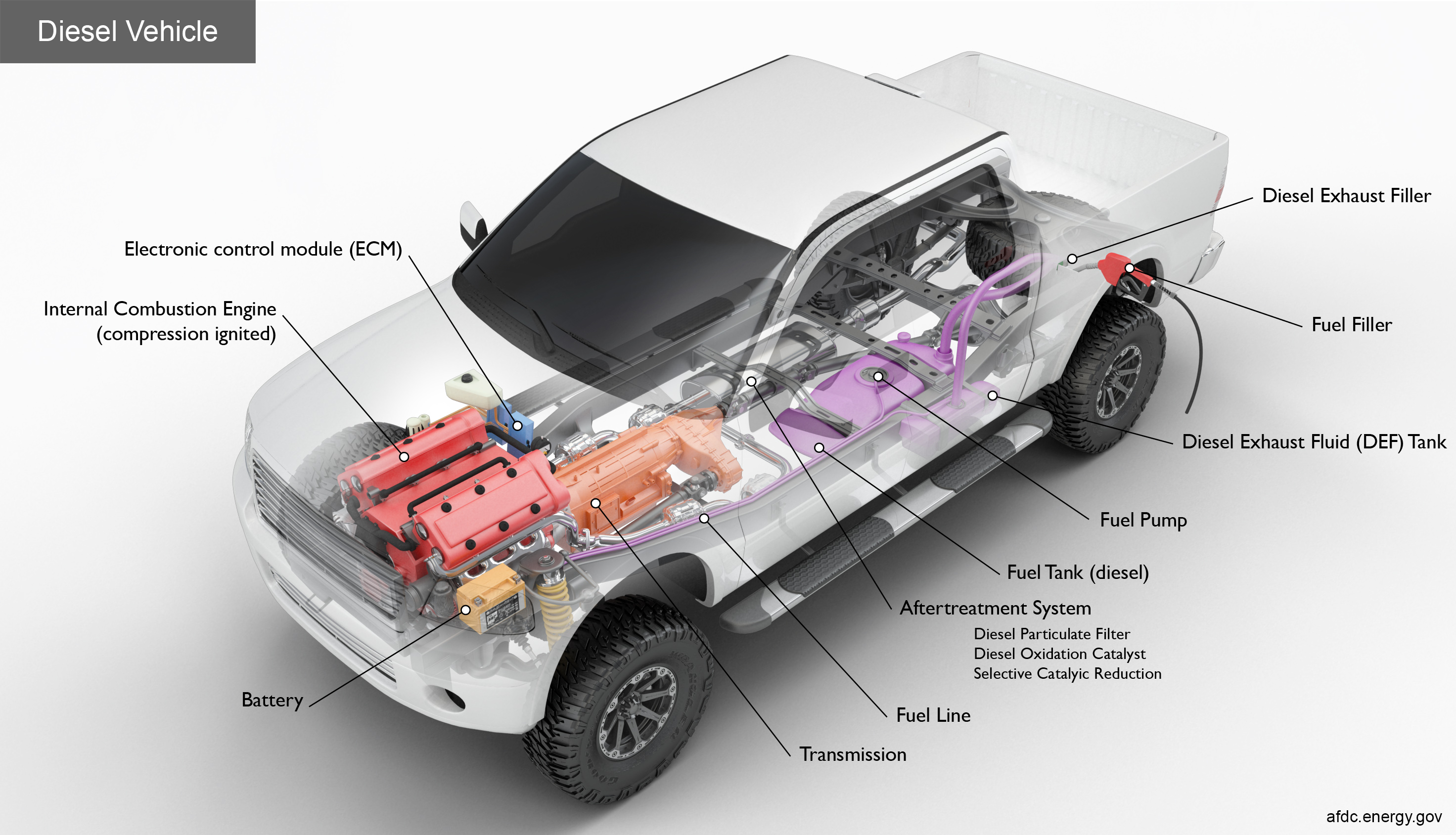Diesel Cars: A Comprehensive Look at Their Past, Present, and Future
Diesel cars have long been a staple of the automotive industry, known for their fuel efficiency, torque, and durability. However, in recent years, diesel technology has faced significant scrutiny due to environmental concerns and the rise of electric vehicles (EVs). Despite these challenges, diesel cars remain an important part of the global automotive landscape. This article explores the history, advantages, challenges, and future of diesel cars.
A Brief History of Diesel Cars
The diesel engine was invented by Rudolf Diesel in the late 19th century, with the goal of creating a more efficient alternative to the gasoline engine. Diesel engines work by compressing air to a high temperature, causing diesel fuel to ignite spontaneously. This process, known as compression ignition, is more efficient than the spark ignition used in gasoline engines.
Diesel engines were initially used in industrial and commercial applications, such as trucks, buses, and ships. It wasn't until the 1930s that diesel technology made its way into passenger cars. The first mass-produced diesel car was the Mercedes-Benz 260D, introduced in 1936. Since then, diesel cars have gained popularity, particularly in Europe, where high fuel prices and long-distance driving made their efficiency and range highly desirable.
Advantages of Diesel Cars
Diesel cars offer several advantages that have contributed to their enduring popularity:
Fuel Efficiency: Diesel engines are significantly more fuel-efficient than gasoline engines. They can achieve 20-30% better mileage, making them an attractive option for drivers who cover long distances or prioritize fuel savings.
Torque and Towing Capacity: Diesel engines produce more torque at lower RPMs, making them ideal for towing and hauling heavy loads. This is why diesel engines are commonly used in trucks and SUVs.
Durability and Longevity: Diesel engines are built to withstand higher compression ratios, which makes them more durable and longer-lasting than gasoline engines. With proper maintenance, a diesel engine can easily surpass 300,000 miles.
Lower CO2 Emissions: While diesel engines produce more nitrogen oxides (NOx) and particulate matter (PM), they emit less carbon dioxide (CO2) compared to gasoline engines. This makes them a relatively cleaner option in terms of greenhouse gas emissions.
Challenges Facing Diesel Cars
Despite their advantages, diesel cars face several challenges that have led to a decline in their popularity:
Environmental Concerns: Diesel engines emit higher levels of NOx and PM, which are harmful to human health and the environment. The Volkswagen Dieselgate scandal in 2015, where the company was found to have manipulated emissions tests, further damaged the reputation of diesel cars.
Stringent Emissions Regulations: Governments around the world have implemented stricter emissions standards to address air pollution. For example, the Euro 6 standards in Europe and the Tier 3 standards in the United States have made it more difficult and expensive for automakers to produce diesel cars that comply with regulations.
Rise of Electric Vehicles: The growing popularity of electric vehicles, driven by advancements in battery technology and government incentives, has overshadowed diesel cars. EVs produce zero tailpipe emissions and are seen as a more sustainable alternative to both gasoline and diesel vehicles.
Higher Initial Cost: Diesel cars are typically more expensive to purchase than their gasoline counterparts due to the complexity of diesel engines and emissions control systems. This higher upfront cost can deter some buyers.
The Future of Diesel Cars
The future of diesel cars is uncertain, but they are unlikely to disappear entirely. Here are some key trends and developments that could shape their future:
Clean Diesel Technology: Automakers are investing in cleaner diesel technologies to reduce emissions and meet regulatory standards. Innovations such as selective catalytic reduction (SCR) and diesel particulate filters (DPF) have significantly reduced NOx and PM emissions in modern diesel cars.
Hybrid Diesel-Electric Systems: Some manufacturers are exploring hybrid systems that combine diesel engines with electric motors. These systems can improve fuel efficiency and reduce emissions, making diesel cars more environmentally friendly.
Focus on Commercial Vehicles: While the demand for diesel passenger cars may decline, diesel engines are likely to remain dominant in the commercial vehicle sector. Trucks, buses, and construction equipment rely on diesel engines for their power, efficiency, and durability.
Alternative Fuels: The development of alternative fuels, such as biodiesel and synthetic diesel, could provide a more sustainable future for diesel engines. These fuels are made from renewable sources and produce fewer emissions than traditional diesel.
Diesel Cars in the Age of Electrification
As the automotive industry shifts toward electrification, diesel cars are facing increasing competition from electric and hybrid vehicles. However, they still have a role to play, particularly in regions where charging infrastructure is underdeveloped or where long-distance driving is common.
For example, in Europe, diesel cars remain popular in countries like Germany and France, where they account for a significant portion of new car sales. In emerging markets, such as India and parts of Africa, diesel cars are valued for their affordability and reliability.


